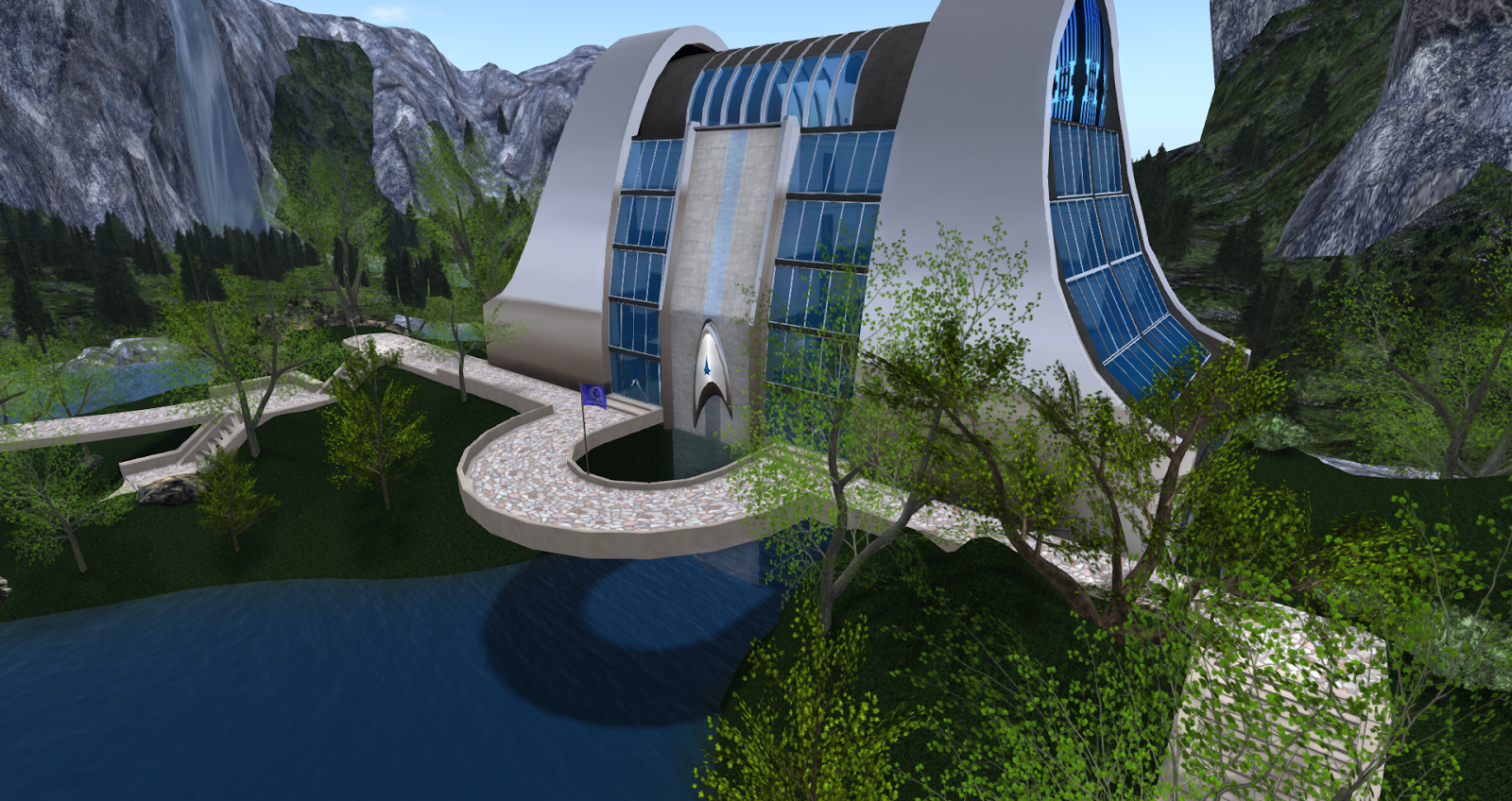 |
| Starbase - proto-type community of the future? |
Having vision doesn’t bring about the reality; we also need to act. So, having some idea of what we mean with a Star Trek Economy, how do we bring one about? Especially, how do we bring one about when we have limited resources?
Evolution
Rick Webb sees the evolving from the social democracies
in Europe. The European social democracies achieved a great success during the
20th century as they brought countries Such as Sweden form the level of a poor “third
world” nation to the level of a modern wealthy industrial nation in the span of
a life time. However, they began to run into problems of their own towards the
end of the 20th century for various reason (but all to do with their success).
In addition, the social democracies do have quite the right vision. Although
equality features highly in both the vision for a Star Trek economy and the
Social democracies, social democracies still have the idea of work for all as
central. Whereas, in a Star Trek economy we would see technology more at the
centre reducing the need for work. Thus, we would need a change in direction
away from the current social democracies. It can work out harder to change
something than to start again. So, rather than redirecting one ideology,
perhaps we should work towards build another?
On saying that, the idea of a Star Trek economy does
have a lot of overlaps with social democracy so I could see many social
democrats would also support a Start Trek economy. This could lead to another
way to bring about such a system; work within the groups and organisations that
have similar goal with a view of society. For example, a Star Trek economy
should have a sustainable nature and balance between nature and society. In so
doing it overlaps with many environmentalist. It would not take a hug step to
go from sustainability or equality to the sustainable, equal and moneyless society
of a Star Trek like economy.
Here in I see one way we could go; evolution. From a
multiple of compatible ideologies in the world we could see a gradual step towards
the idea of sustainable, moneyless, science based Star Trek economy. For that
to work we would need many small groups to star working on the same goal; independent
groups, self-starting groups to start with. As more groups form with the same
vision, networking will occur and strength each group. As we have more and more
follower we have the potential to raise finances and in doing so, to start to
build something. Small sustainable communities at first; “starbases” on Earth.
The network could grow and evolve towards a type one civilization; working
towards the vision.
The vision has a key role; the vision of a future, a
Star Trek, economy, unites otherwise separate groups. Beyond vision, however,
we also need skill and willingness to act. So many people have enthusiasm but
so few have skill.
Stepping Stones.
The process I outlines of a vision orientated goal
directed building up of a sustainable moneyless system I call stepping stones.
What I present could form one way to achieve such a system with minimal resources.
We just need people and skills. Any volunteers?

